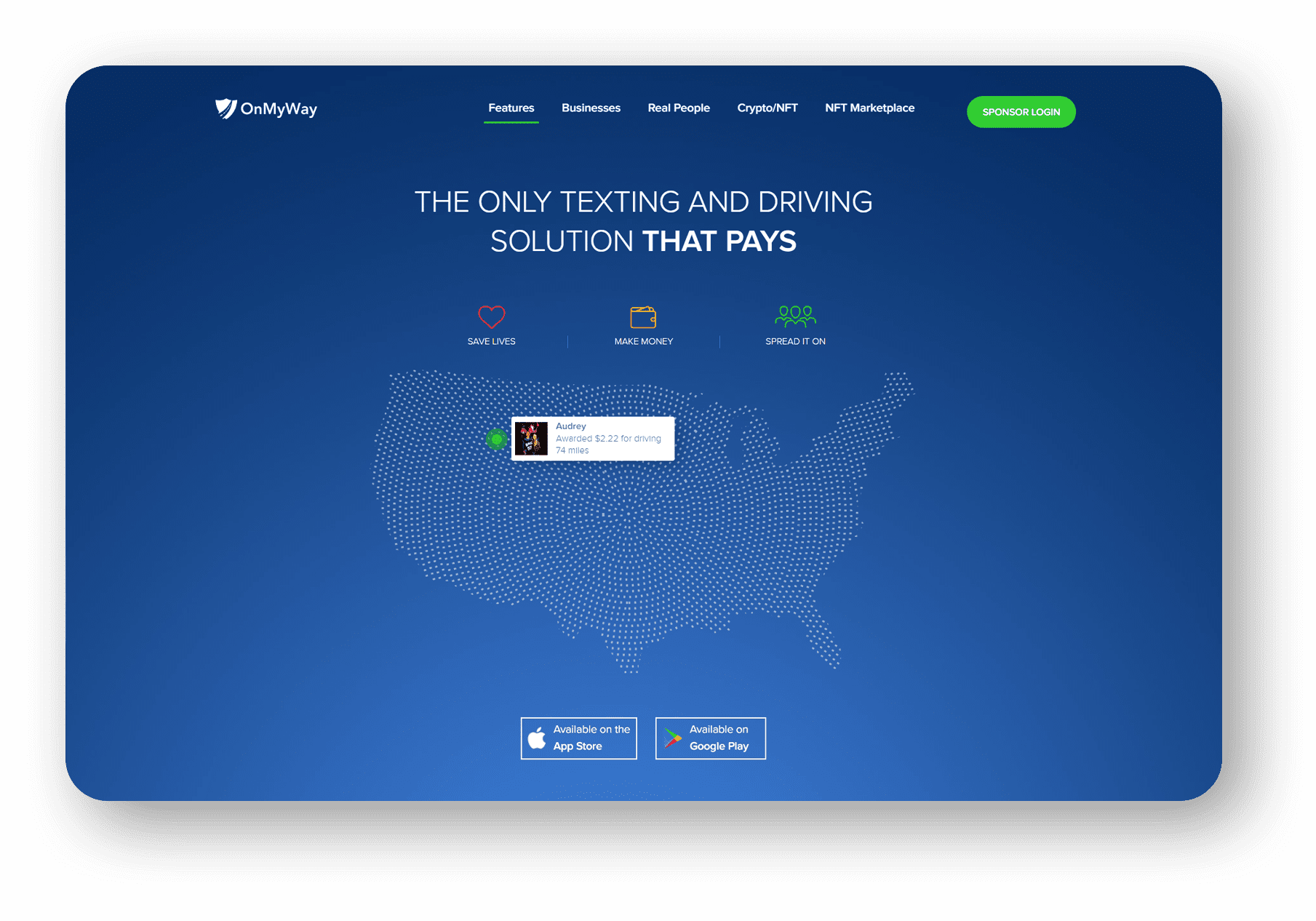
Bruce Willis’ family gave an update on the actor’s health Thursday, announcing his condition has progressed and has been diagnosed as frontotemporal dementia.
“Since we announced Bruce’s diagnosis of aphasia in spring 2022, Bruce’s condition has progressed and we now have a more specific diagnosis: frontotemporal dementia,” his family said in a statement.
“Today there are no treatments for the disease, a reality that we hope can change in the years ahead. As Bruce’s condition advances, we hope that any media attention can be focused on shining a light on this disease that needs far more awareness and research,” the statement said.
Willis’ family — including wife Emma Heming Willis, ex-wife Demi Moore and his daughters — first disclosed his diagnosis of aphasia back in 2022. They said at the time that Willis was suffering from a medical condition that was affecting his cognitive abilities and would be taking a break from acting.
“Bruce always believed in using his voice in the world to help others, and to raise awareness about important issues both publicly and privately,” his family’s new statement said. “We know in our hearts that – if he could today – he would want to respond by bringing global attention and a connectedness with those who are also dealing with this debilitating disease and how it impacts so many individuals and their families.”
According to the Mayo Clinic, frontotemporal dementia is an “umbrella term for a group of brain disorders that primarily affect the frontal and temporal lobes of the brain. These areas of the brain are generally associated with personality, behavior and language.”
What is frontotemporal dementia?
Frontotemporal dementia, or FTD, represents a group of brain disorders cause by the degeneration of the frontal and/or temporal lobes of the brain, the AFTD says. Those parts of the brain are generally associated with personality, behavior and language, the Mayo Clinic says.
There are different types of frontotemporal dementia. Behavioral variant frontotemporal dementia causes nerve loss in the areas of the brain that control empathy, judgment and conduct.
Primary progressive aphasia deteriorates parts of the brain that control speaking, writing and comprehension. The onset of symptoms typically begins before age 65, but can occur later.
How is FTD different from Alzheimer’s?
Diagnosis of FTD tends to happen between a person in their 40s and 60s, while Alzheimer’s happens at a later age. Alzheimer’s is also more closely tied to hallucinations, memory loss and issues with spatial orientation, such as getting lost.
Treatment and diagnosis
Doctors use brain imaging technology, such as MRIs, to diagnose FTD. The results are analyzed in tandem with a patient’s medical history and symptoms. About 30% of people with frontotemporal degeneration inherit the disease; there are no known risk factors.
OVERVIEW
OnMyWay Is The #1 Distracted Driving Mobile App In The Nation!
OnMyWay, based in Charleston, SC, The Only Mobile App That Pays its Users Not to Text and Drive.
The #1 cause of death among young adults ages 16-27 is Car Accidents, with the majority related to Distracted Driving.
OnMyWay’s mission is to reverse this epidemic through positive rewards. Users get paid for every mile they do not text and drive and can refer their friends to get compensated for them as well.
The money earned can then be used for Cash Cards, Gift Cards, Travel Deals and Much, Much More….
The company also makes it a point to let users know that OnMyWay does NOT sell users data and only tracks them for purposes of providing a better experience while using the app.
The OnMyWay app is free to download and is currently available on both the App Store for iPhones and Google Play for Android @ OnMyWay; Drive Safe, Get Paid.
Download App Now – https://r.onmyway.com
Sponsors and advertisers can contact the company directly through their website @ www.onmyway.com











